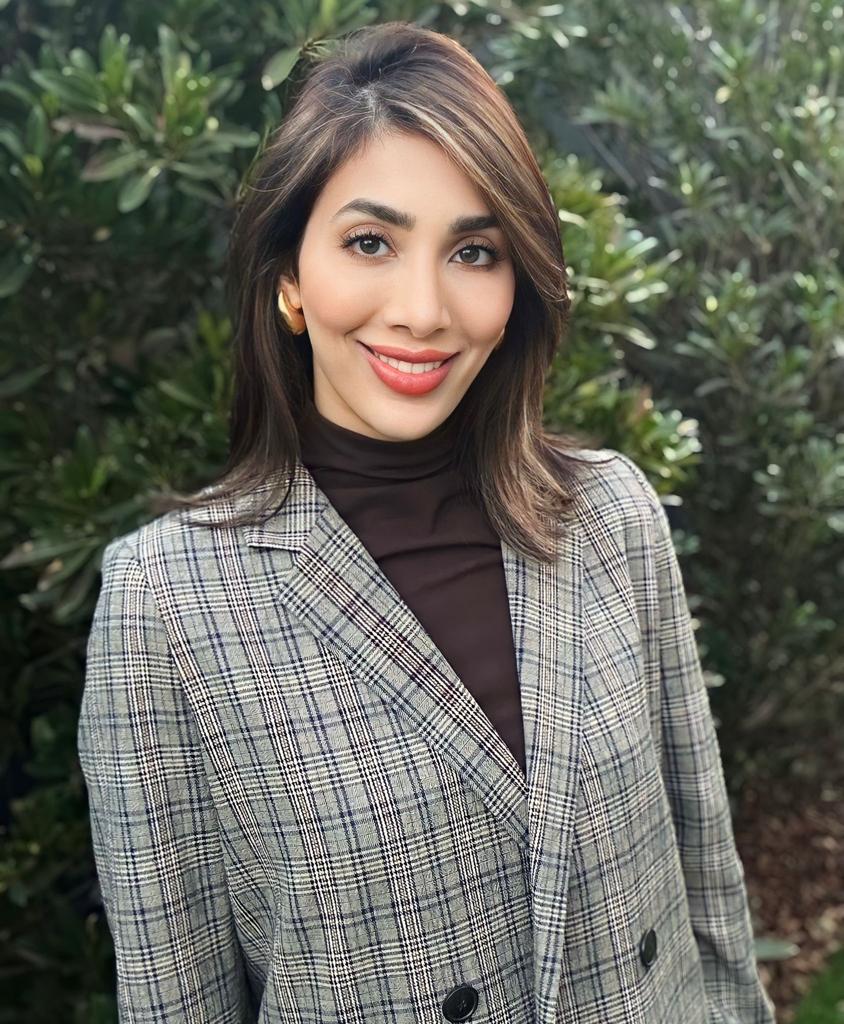We recently connected with Maria Kari and have shared our conversation below.
Maria, thanks for joining us, excited to have you contributing your stories and insights. One of the most important things small businesses can do, in our view, is to serve underserved communities that are ignored by giant corporations who often are just creating mass-market, one-size-fits-all solutions. Talk to us about how you serve an underserved community.
I am a pro bono human rights attorney and the founder of Project TAHA, a legal nonprofit dedicated to defending the rights of those who have been silenced, oppressed, or marginalized and cannot advocate for themselves.

Maria, before we move on to more of these sorts of questions, can you take some time to bring our readers up to speed on you and what you do?
I went to law school in Canada. After moving to the U.S., I completed my LLM at Georgetown University and then moved to Houston, Texas, with my husband. We’ve been in Houston for five years now, where we’ve found a wonderful community and had two babies. I became licensed to practice law in Texas in 2021, and since then, I have carved out a niche in human rights law, representing incredible individuals—many right here in Houston and Texas—who would not otherwise have had access to meaningful justice.
I see my work as a chip in the dam. I cannot fix all the problems that surround us, but my work is a signal to the powers-that-be that injustice will not be met with silence or fear. Our modern-day cult of individuality and independence has led us to believe we are not bound to any one thing or person. But the truth is, we don’t exist in silos. We are meant to live as a community, to serve others, and to lighten their burdens. Paradoxically, it is through serving others that I have felt my best.
I work almost exclusively on a pro bono basis, which means I do not charge my clients anything. My work places me on the front lines, defending some of the most vulnerable people in our society—children who cross the U.S.-Mexico border after fleeing unimaginable violence, women escaping abusive marriages and oppressive societies, Americans trapped in war zones overseas, and a woman wrongly imprisoned for crimes she did not commit, serving a life sentence in Fort Worth, Texas. These are just some of my clients.
We often hear about learning lessons – but just as important is unlearning lessons. Have you ever had to unlearn a lesson?
I have learned the hard way that the greatest threat to effective advocacy is burnout. We cannot do everything for everyone. There must be an element of self-preservation and protecting one’s space, time, and energy when doing frontline work. After many months of working with survivors of the genocide in Gaza, I realized the hard way that in order for me to keep doing this work, I will have to step away at certain times to find hope and joy. Lately, I find a lot of comfort in small moments of connection – slow mornings with my husband and kids and a good cup of coffee, solo walks, solo trips to my local coffee shops without my work laptop, and just a good book. Given the nature of the work I do, I am exposed to a lot of secondary and vicarious trauma. For this reason, relying on my community and the outdoors have become very important markers for my mental health.
Have you ever had to pivot?
When I moved from Canada to the U.S., the path to getting re-licensed as an American attorney felt overwhelming—too many hurdles, too much time, too much expense. More than once, I nearly gave up. I even considered walking away from the law entirely, convincing myself I could start over in a different career, even as I knew deep down it wouldn’t fulfill me.
It took another year of school, a significant amount of money, months of studying for the Bar exam, and more rejections than I care to count to find my footing again. But that’s life. We push forward even when the odds are stacked against us.
Contact Info:
- Website: https://www.projecttaha.com
- Instagram: lawbymaria
- Twitter: mariakari1414
Image Credits
Photo Credit: Wasef Muzaffar


